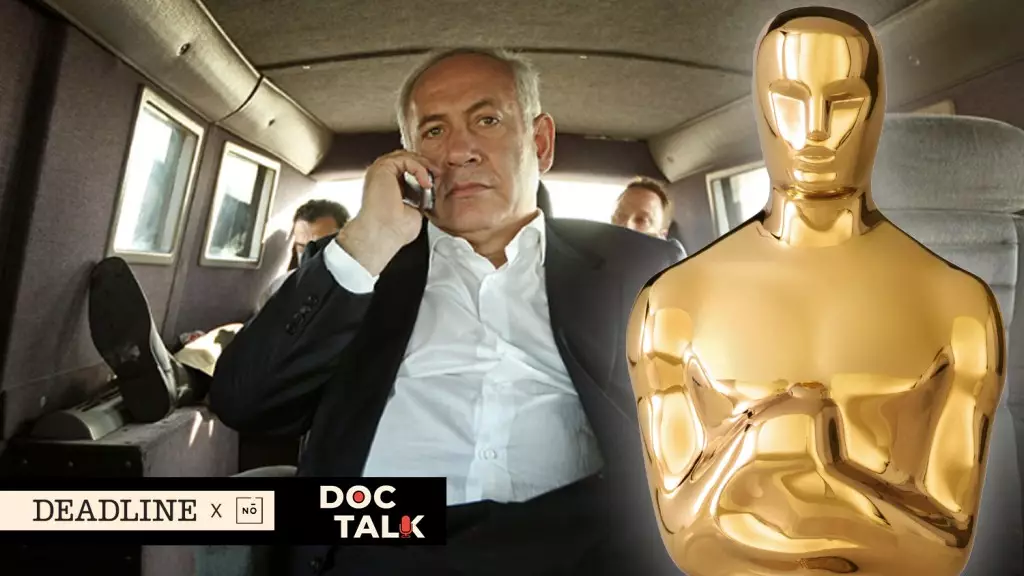The journey to the Oscars is never easy, particularly in the documentary category, where the competition is fierce. Recently, the number of contenders was cut dramatically from 169 to just 15 films. This severe filtration process invariably leads to a mix of elation and disappointment among filmmakers and audiences alike. The thrill of inclusion is often overshadowed by the heartbreak of exclusion, as many creative voices find themselves silenced in this brutal culling. The discussion surrounding the shortlist certainly raises questions about the criteria driving these important decisions.
The dialogue around these snubs and surprises was front and center in a special episode of Deadline’s Doc Talk podcast, where hosts John Ridley and Matt Carey dissected the nuances of the selection process. One glaring omission was a documentary focusing on the resurgence of an iconic Hollywood star, whose career faced devastating challenges after a life-altering accident. Meanwhile, one surprising inclusion was a scathing examination of Israeli Prime Minister Benjamin Netanyahu, which has sparked legal battles and international intrigue. Given the political climate and the contentious nature of the film, its presence on the shortlist is a bold statement by the Academy’s Documentary Branch.
The emergence of films lacking distribution in the U.S. adds another layer to the debate. Ridley pointed out the notable trend of documentaries breaking through even without the traditional backing of domestic distributors. This suggests a shift in how documentaries are received and recognized, potentially reflecting broader changes in audience engagement and the distribution landscape.
One of the most fascinating aspects of this year’s shortlist is the variety of styles and topics included. From personal narratives to global political critiques, the documentaries showcase an expansive range of human experience and societal inquiry. Ridley’s enthusiasm for specific Netflix productions highlights how streaming platforms have become essential to the documentary genre, providing opportunities for diverse stories to find their audience. However, it is disheartening to learn that some films deemed exemplary were left on the cutting room floor, calling into question the Academy’s voting motivations.
Documentary shorts present another intriguing facet of this year’s Oscar race. With contenders co-directed by personalities like Rashida Jones, these films not only elevate unique voices but also represent a growing trend in documentary filmmaking where established figures are crossing over into new artistic realms. This brings about discussions on how recognizable names can sway the documentary landscape, but it also poses the risk of overshadowing lesser-known filmmakers who have equally compelling stories.
As the final Oscar nominations approach, the question of which films will ultimately receive recognition looms large. However, the discourse surrounding snubs, surprises, and the documentary process embodies deeper conversations about societal narratives. This year’s Oscar shortlist serves as a fascinating lens through which we can examine the evolving nature of documentaries, the pressures of mainstream acceptance, and the continuing relevance of storytelling.
As discussed on the Doc Talk podcast, the documentary genre, when captured correctly, possesses the power to inform, challenge, and provoke thought. The journey of these films—both those highlighted and those overlooked—will undoubtedly continue to resonate with audiences long after the Oscars have concluded.


Leave a Reply